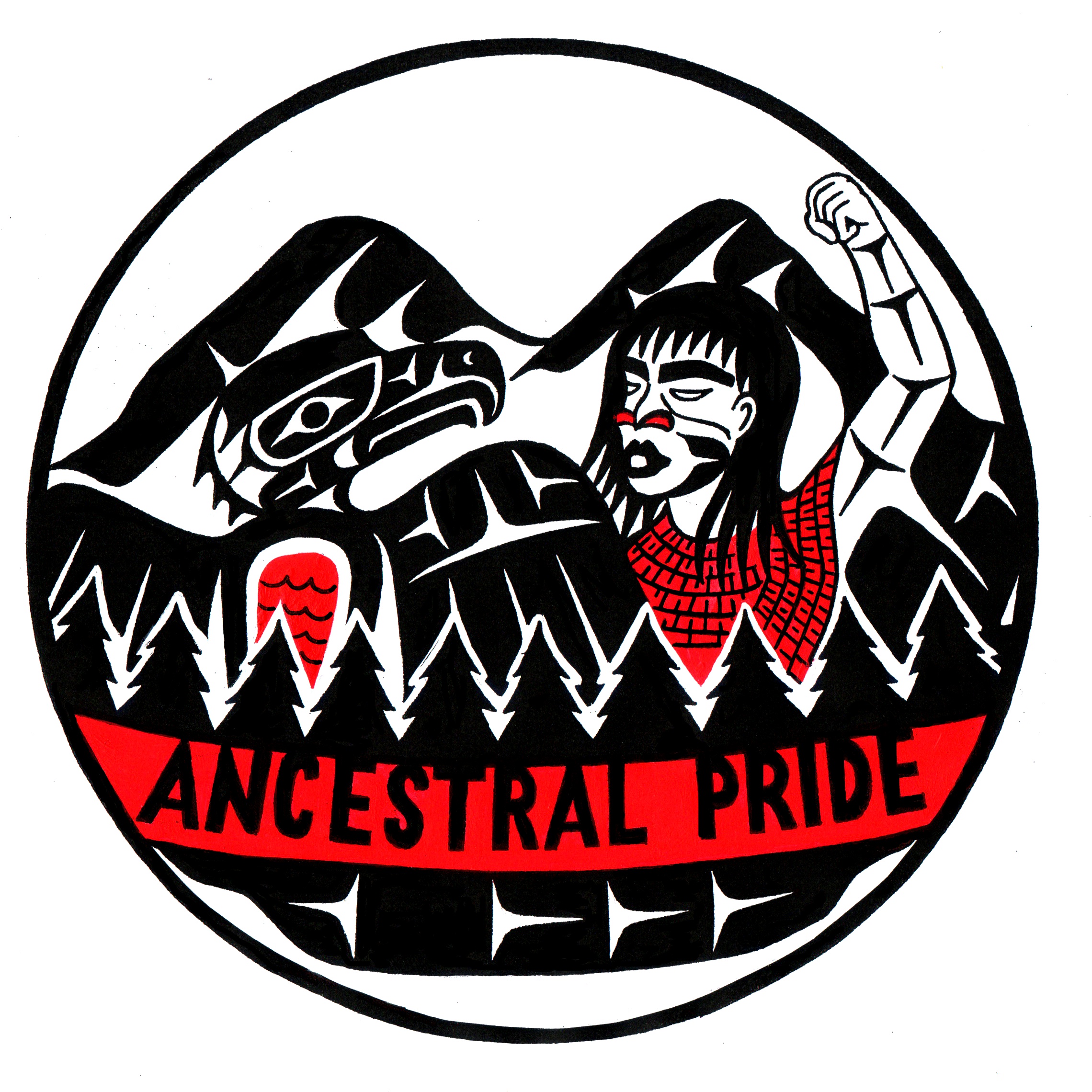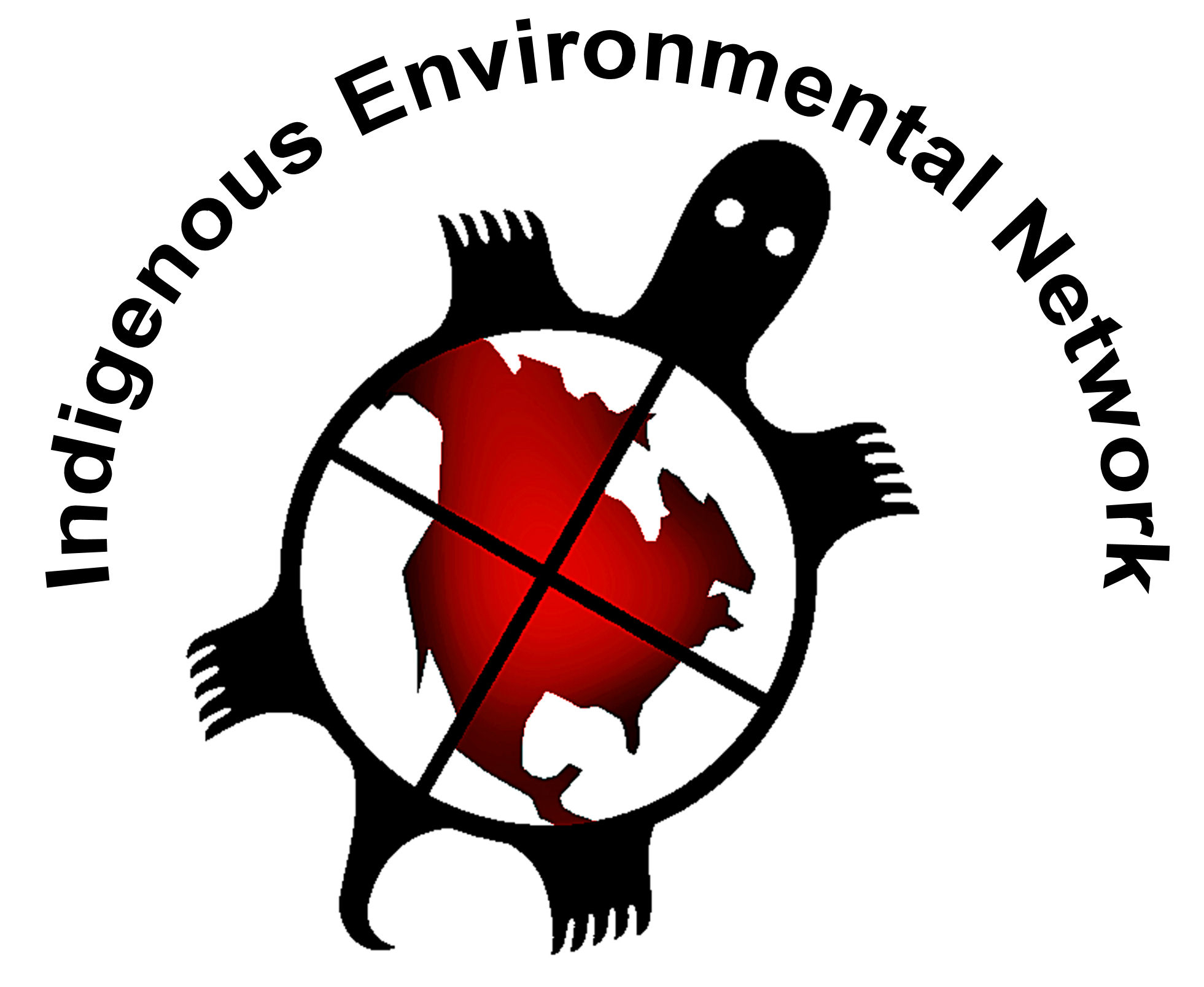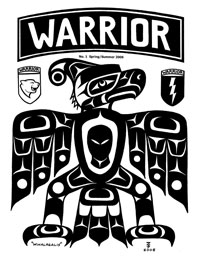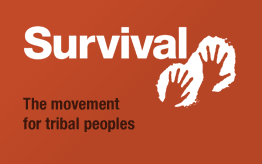
Using traditional ecological knowledge, or TEK, to decolonize one’s mind-set: That goal underpins the Idle No More ethic, this academic proposes.
By Valerie Goodness, Indian Country Today Media Network
Watersheds and Indigenous Peoples know no borders. Canada’s watershed management affects America’s watersheds, and vice versa. As Canada Prime Minister Stephen Harper launches significant First Nations termination contrivance he negotiates legitimizing Canada’s settler colonialism under the guise of “progress.” Progress, through Harper’s political illusion, provides inadequate allocation of money for water and wastewater systems on Canada’s reservations. Almost every natural resource development currently operating or planned is within 200 kilometers of a First Nation community and on its traditional lands. Harper has laid off public natural resource managers and environmental protection personnel and has weakened policies for conservation, again in the name of progress. Idle No More is about many things, but first and foremost it represents a unified effort to protect Mother Earth. We will talk about the evidence of watershed degradation due to American progress too…. But first let’s talk about watersheds.
 Watersheds in New York state are in close proximity to the border of Canada and thus to Canadian watersheds. Silencing Canadian indigenous people over water, carries with it a risk to Americans’ and indigenous Americans’ watersheds.
Watersheds in New York state are in close proximity to the border of Canada and thus to Canadian watersheds. Silencing Canadian indigenous people over water, carries with it a risk to Americans’ and indigenous Americans’ watersheds.
By silencing traditional ecological knowledge, the “progress” settler colonial ethic has wreaked havoc on watershed ecosystems. This ecosystem degradation comes from point and non-point pollution, industrial agriculture and domesticated meat production. Water quality issues also come from road runoff, lawn care products, sewers, chemicals and poor logging practices, all of which result in a declension of our drinking water and ground water and the vitiation of ecosystems.
When Native Americans are not allowed to discuss public land management as stakeholders, connectivity to reservation ecosystems is at risk. Discussions about U.S. public lands juxtaposed onto New York private lands and Indian reservations become imperative. This is important in order to understand ecosystem connectivity. Toxic degraded ecosystems on public lands adjacent to indigenous lands places ecosystems on indigenous lands at risk, especially with climate change upon us.
Native American thought, sovereignty and sustainability is steeped in traditional ecological knowledge (TEK). In order to understand the complexities of collaboration between TEK and western science, it is important to recognize the comparisons between the western science version of TEK (owning Native American thought) and indigenous versions of TEK.
Even though western science ecologists are coming around to embrace TEK, there is a long history of western science’s silencing the voices of traditional ecological knowledge practitioners. Many scientists cite credibility and legitimacy concerns over oral history. Indigenous people might give other reasons, such as the commodification of indigenous sovereign natural resources, land dispossession and industrial influences, which understandably engender a great deal of distrust from indigenous nations. Consequently, western science has excluded opportunities to collaborate with indigenous TEK practitioners. Collaboration between indigenous TEK and western science in watershed ecosystem restoration, monitoring and management can only contribute to successful sustainable and hearty watershed ecosystems for natural resource and food security.





































Reblogged this on Open Thoughts.